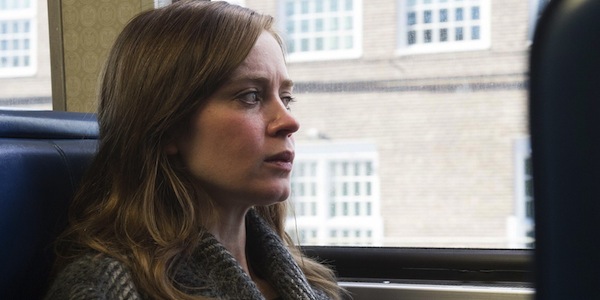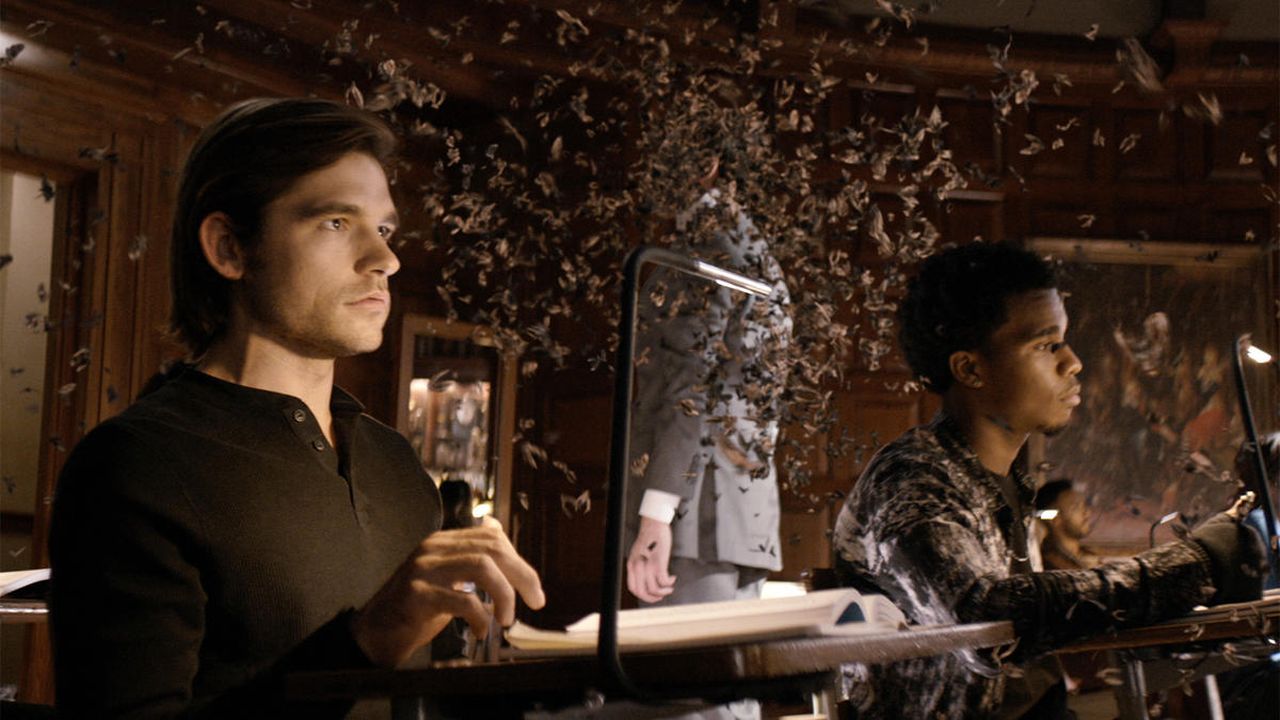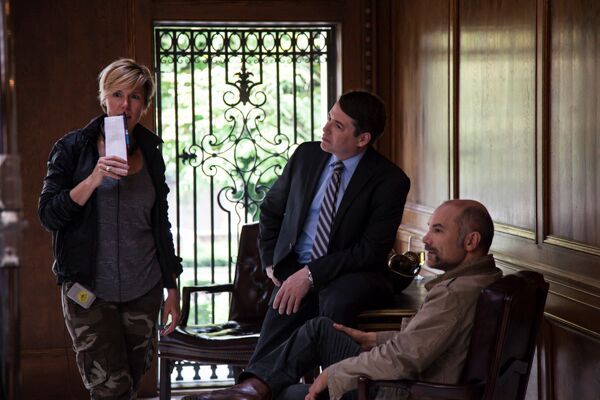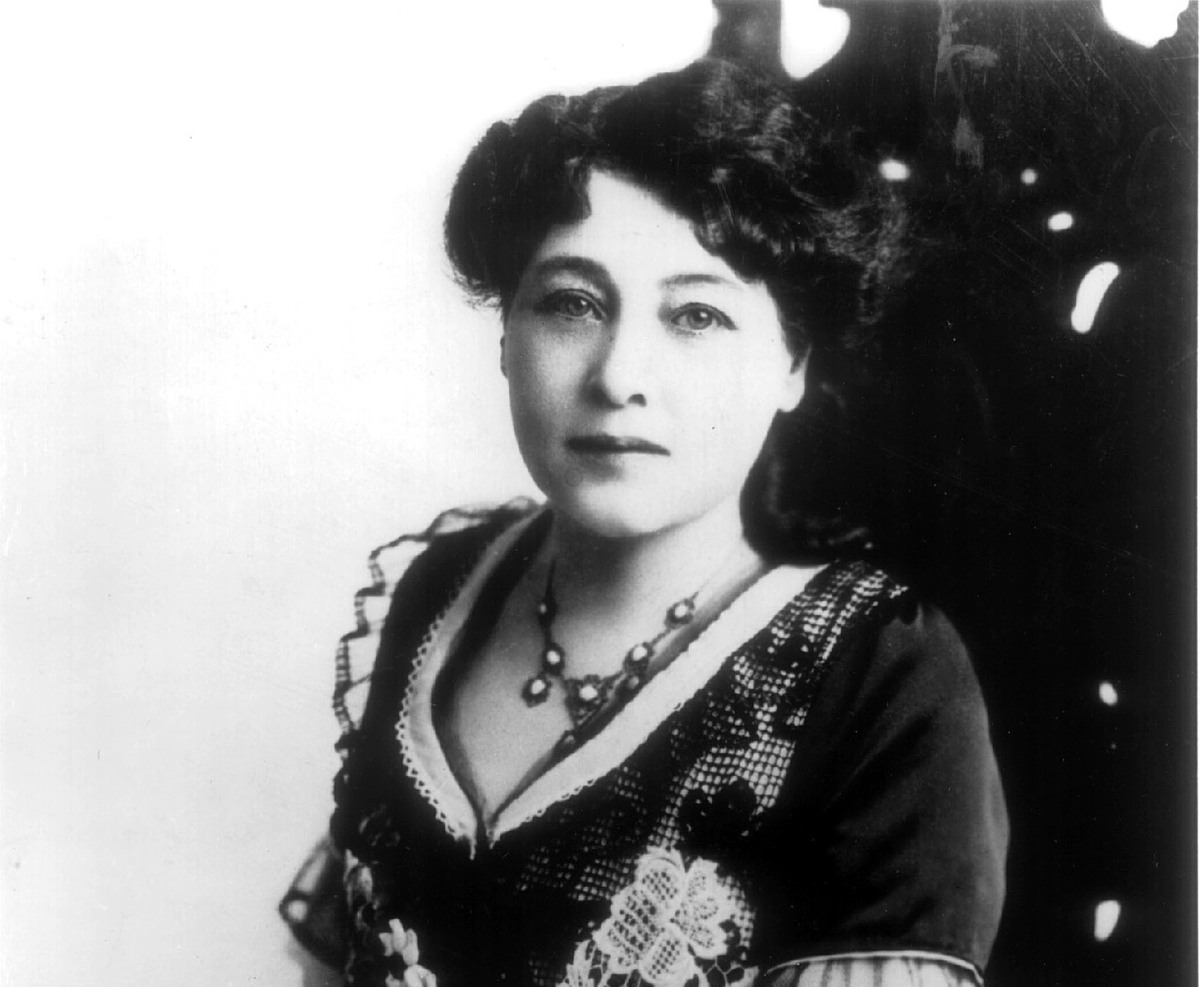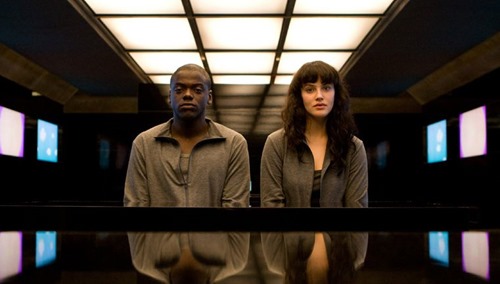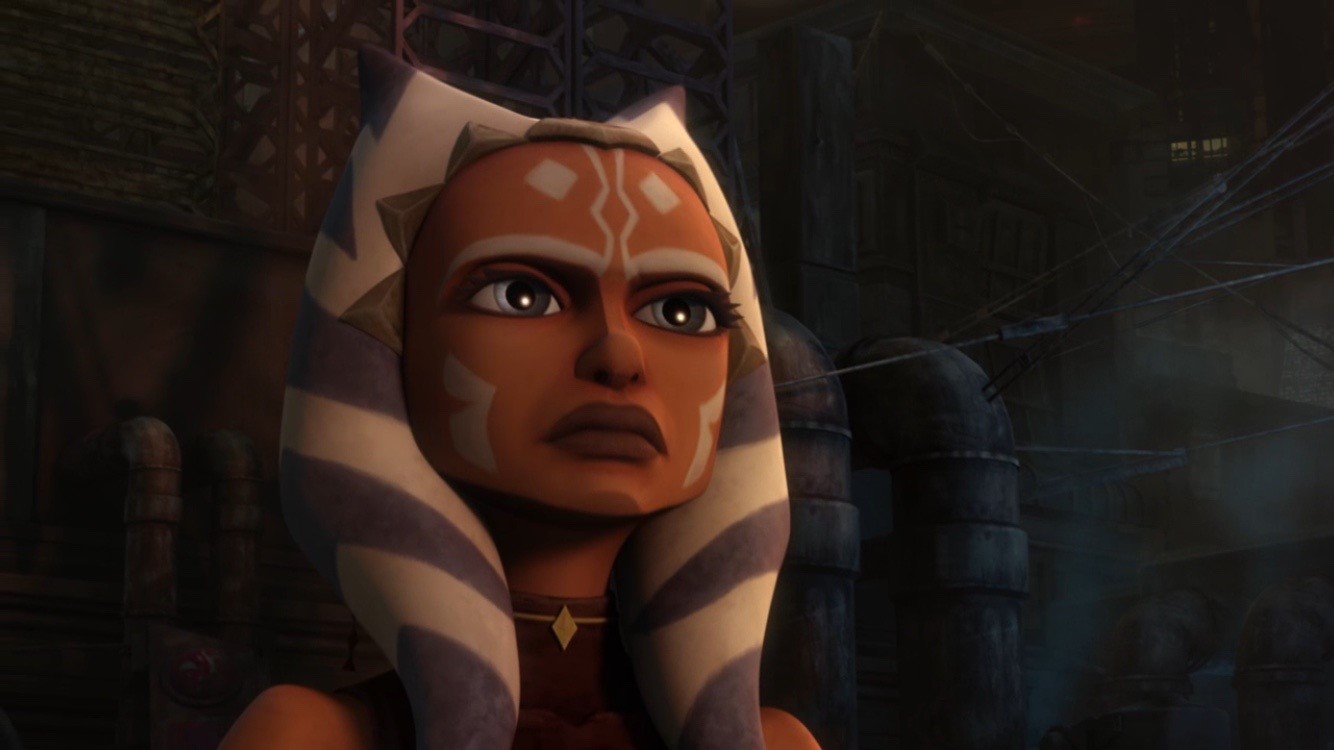‘The Girl on the Train’: We Are Women Not Girls
Perhaps the depiction of “the girl” in ‘The Girl in the Train’ will reassure my fears by allowing the woman to literally “grow up” on-screen. Yet, the title makes me very pessimistic. Presenting women as “girls” continues to fetishize women’s powerlessness in cinema. By situating this girlhood in a similar way to the male fantasy construction of the Final Girl, and by enforcing an infantilizing return to post-feminism’s “girliness,” these films offer ultimately disempowering images of female subjectivity.
